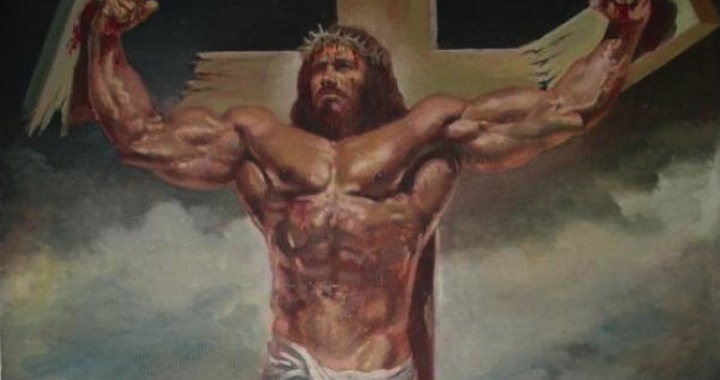I’ve always been intrigued by the social, political and theological milieu of Jesus.
If God could have chosen any culture, any language, any era, in fact any individual, why would the God of all possibilities, the God who would know all the ancient prophecies and future interpretations and analysis pick a poor, fugitive Palestinian Jew, misunderstood by his own family, persecuted and harassed by those of his own religious tradition and living in, and ultimately executed by the most oppressive, secular empire of his time?
If the Messiah was to be the one who would set everything right and establish a reign of peace and justice (Shalom) and restoration of the created order, why would God pick a largely powerless individual, in a weakened culture in an occupied state to make his point about who the Messiah was and what he would bring?
And then there is the Jewish context; the ever bickering Pharisees and Sadducees, the reclusive, survivalist Essenes and the politically resistant (and sometimes murderous) Zealots.
Jesus, of course, fits in none of these factions.
If there’s anything Jesus, then or now, would NEVER be, it is the triumphant, swaggering, conquering Chuck Norris-style character we (and the ancient Jews) might want to see.
Related: Honor and Shame, A First Century Lens for Today – by Spenser Bolte
In fact Jesus, far from ushering in an era of peace, justice and Jewish restoration, set in motion a series of events that led to the destruction of the epicenter of Hebrew culture, identity and history – the Temple – and the Diaspora of the Jews that lasted over 2, 000 years.
The grief, loss and dislocation of modern Jews is so great that the closing Passover toast is still “Next year, in Jerusalem”.
With all the scattering, destruction and persecution, where is the legacy and fulfillment of the Messiah?
Sometimes I think I, and most believers, and the Disciples, and Jesus’ family, and many others have completely missed the point.
Jesus made it perfectly clear that his kingdom was not of this world (John 18:36) – and it wasn’t – and it won’t be.
If there is anything Jesus did not come to do, it was to set up an idyllic, theologically purified theocracy.
We tend to forget that Jesus came, not to unite us in a conformist belief system, but to set us apart from each other – by generation, gender and class lines (Matthew 10:35).
That was his strategy – but not his purpose. His purpose, as always, was to cast our eyes on the larger (and sometimes infinitely smaller) picture; the life lived – in turmoil and persecution, the acts of restorative kindness, not by a state, or church, but by a single human hand.
I am not at all convinced that, when Jesus looked across the centuries, into the future, that he would have been pleased by the development of a network of ‘Christian’ schools, mega-churches and media empires.
When I look at the Early Church, I marvel at the muddled contentiousness of it, and then I realize that it is much like the church I know and live within.
And I realize that I too, again, have missed the point.
The factions and ‘culture war’ skirmishes could not have less to do with the purpose and calling of the Christ.
Also by Morf: There Should Be No Poor Among You
The purpose of the Messiah was never meant to establish an idealized theocracy, but to equip us to live as redeemed people, citizens of another kingdom, within this one.
As a child, I often wished I had lived in First Testament times.
But it wasn’t the Roman roads or the religious debates, or even the teachings of Jesus that appealed to me.
Above everything else, it was the expectation, the immediacy, the almost tangible sense, that God would, and could, at any minute, fill and move, act and restore, not just the earth, our people or even our culture at its best, but each one of us.
Swaggering empires only lead to smoldering ruins, but the true Messiah scatters enduring seeds of hope across the centuries.
—
Morf Morford considers himself a free-range Christian who is convinced that God expects far more of us than we can ever imagine, but somehow thinks God knows more than we do. To pay his bills, he’s been a teacher for adults (including those in his local county jail) in a variety of setting including Tribal colleges, vocational schools and at the university level in the People’s Republic of China. Within an academic context, he also writes an irreverent ESL blog and for the Burnside Writers Collective. As he’s getting older, he finds himself less tolerant of pettiness and dairy products.
Ads by Google

